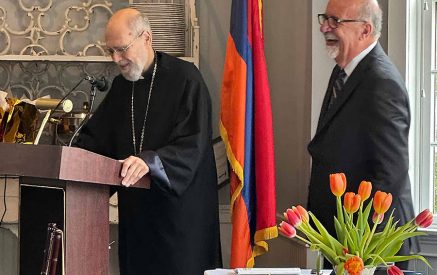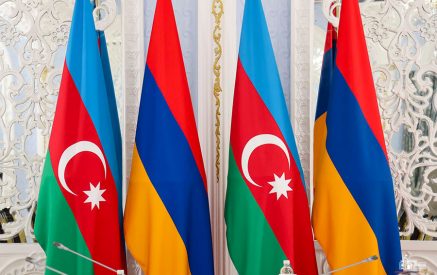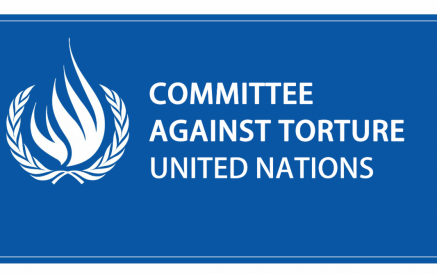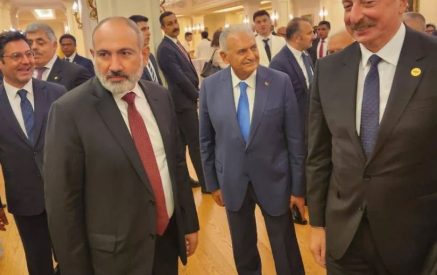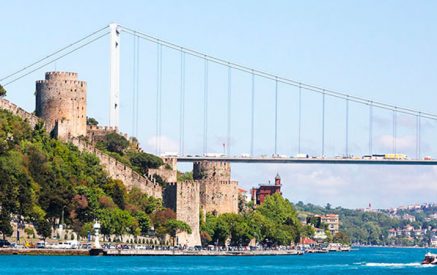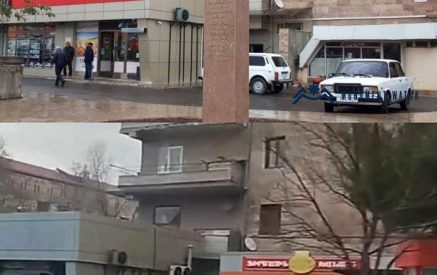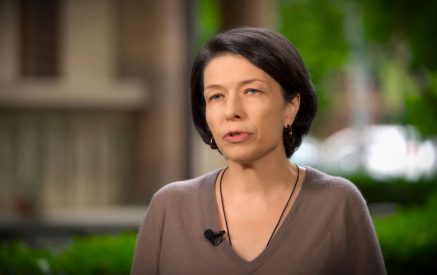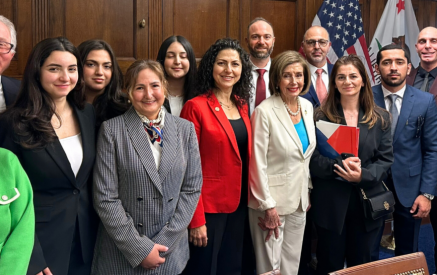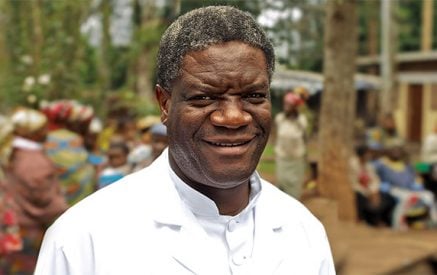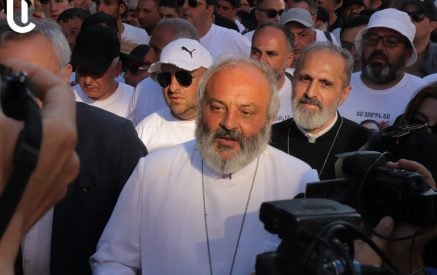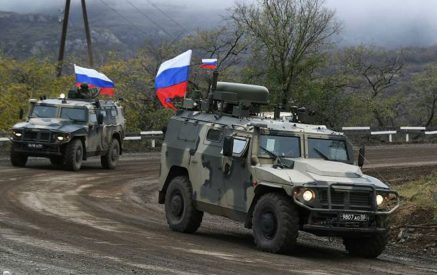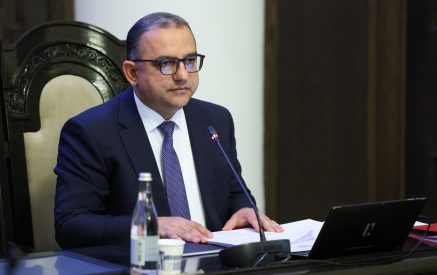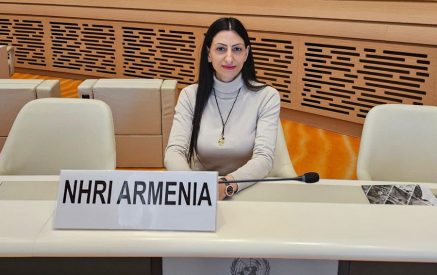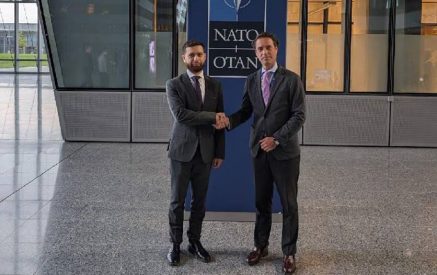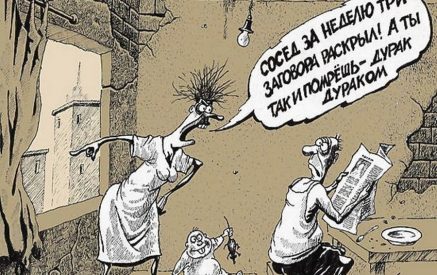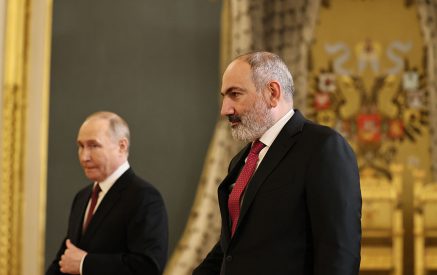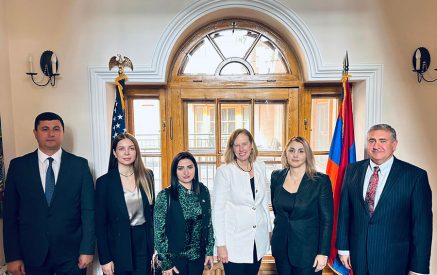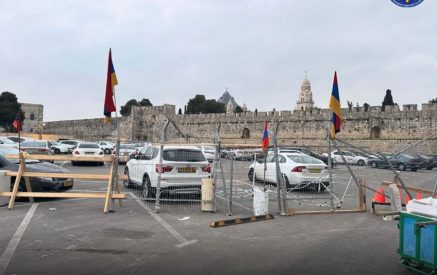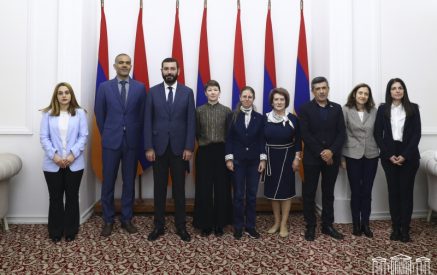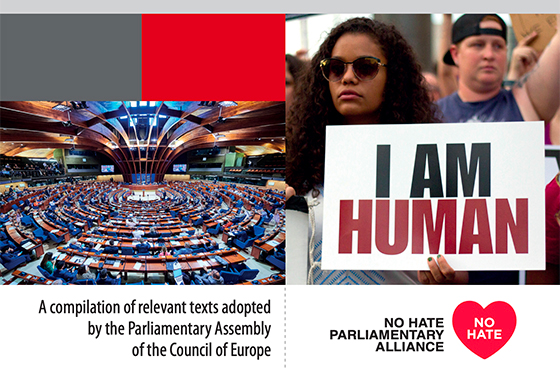“Hundreds of cases of infiltration of law enforcement bodies and the military by racist and far-right extremists have been reported over the last few years and investigated recently by French and German medias,” today said Momodou Malcolm Jallow (Sweden, UEL), PACE General Rapporteur on racism and intolerance, Coordinator of the No Hate Parliamentary Alliance, at the opening of a webinar on this issue. “This tendency calls for adequate counter-measures,” he said, precising the two objectives of the webinar: raising awareness on the situation and identifying ways to address it and measures to put in place.
“Law enforcement bodies and the military are part of the State and they need to play their role in the functioning of democratic institutions. They must protect the rule of law and human rights for everyone”, he stressed. He added that the scope of the webinar was larger, as the police for example, was outsourcing its activities to private companies.
“We have seen a significant rise in far-right extremism in the last few years, a threat which is growing, evolving rapidly and becoming more complex,” pointed out Sara Khan, Lead Commissioner for Countering Extremism in the UK. She said that whether it was entryism in the military, the police, political parties or democratic institutions, the root problem needed to be addressed. “The problem that ultimately needs to be tackled is the active spread of far-right narratives, and ideology, understanding why it appeals in certain sections of our populations, and how we counter it,” she underlined.
“It is important that the law is robust against persistent extremist offenders, organisations and individuals who play a leading and influential role in disseminating far-right extremist narratives and are organising, propagating and recruiting,” she added. She also believed that education was critical and helped build societal resilience, inoculating people against extremist narratives.
Read also
Rebekah Delsol, Programme Manager at the Open Society Justice Initiative, believed that these behaviours in the police were not only the result of individual bias but also structural racism. “These attitudes are usually presented as individual prejudice; but it is also structural racism within police institutions that makes this behaviour possible. In many cases, these officers’ racist views and activities are known within their services, but it is only if they are exposed and trigger public scandals that any action is taken, and this rarely involves disciplinary dismissal,” she said.
In this context, Ms Delsol recommends more anti-discrimination training for the police and wider recruitment of officers of minority ethnic origin, as well as strong national standards prohibiting individual and structural racism. “The law need to be strongly enforced through targeted action plans and clear and decisive sanctions in cases of racism. Ethnic data gathering is essential in this regard to monitor and address racial disparities as well as independent oversight bodies and complaint mechanisms,” she stressed.
“Recently, we have had in France several cases of violent actions conducted against persons belonging to minorities by police officers,” said Jean-Claude Vullierme, former French National Police Chief Superintendent. He acknowledged that racism in the French police was “ordinary or casual racism” not necessarily originating from a political ideology but rather handed down from generation to generation.
Mr Vullierme believed that the problem of violence stems from another reason, namely the lack of proper basic training and sense of helplessness that comes with it, when police forces are confronted to situations they cannot control, and advocated tracks of action in three areas : recruitment (improving the analysis of motivation and profile of applicants) training (reshaping programmes stressing the main goals of a police service) and control (creating an independent disciplinary body in charge of processing all cases in which law enforcement agents are involved, like in Denmark).
PACE

